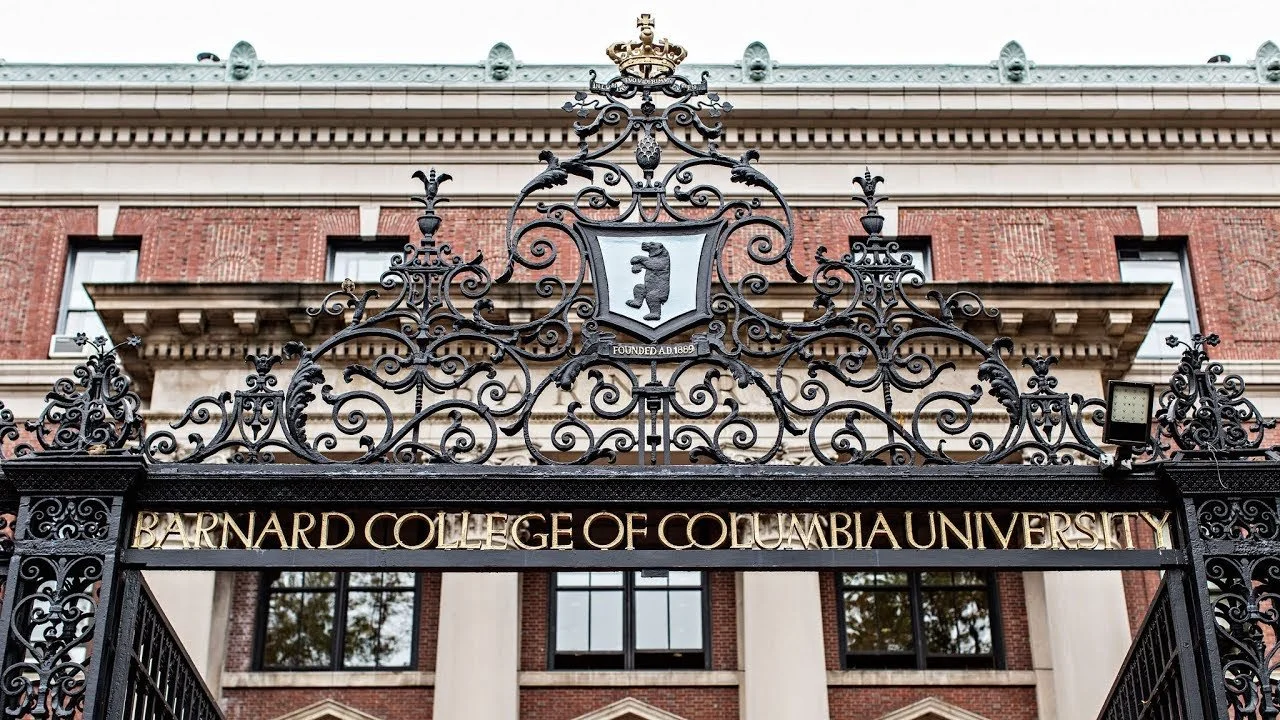Something Everyone Can Agree On: A Look at Another Big STEM Diversity Gift
/photo: PhotoSky/shutterstock
News out of Blacksburg, Virginia finds the A. James and Alice B. Clark Foundation joining an ever-growing list of grantmakers focused on STEM diversity.
The Bethesda, Maryland-based foundation gave the school a $15 million gift to Virginia Tech to increase the number of minorities in its engineering department over the next five years. The gift, which represents the largest scholarship gift ever made to the university, endows the foundation's A. James Clark Scholars Program, which provides African American, Latino, Native American and female students with full tuition and a "holistic approach" to engineering education.
While there usually aren't many things philanthropists can agree on, STEM diversity seems like one of them. Recent donors in this space include billionaire businessman Robert F. Smith, Google programmer Jeffrey Dean and his wife Heidi Hopper, Northrop Grumman, Enlightened, Inc., a business management consulting firm, and, as we'll soon see, an array of tech giants.
What explains this near-universal consensus around the importance of STEM diversity? I think it's pretty obvious.
First, there's enlightened self-interest. Businesses are looking out for future workforce needs while civic-minded donors appreciate how a strong STEM workforce can economically revitalize a city or region.
But there's a kind of existential challenge at play, as well. In an interview with Auburn University's The Plainsman, Apple CEO Tim Cook said, "I think the U.S. will lose its leadership in technology" if society and tech doesn't properly address issues like equal rights and diversity.
Also consider the optics. If Cook sounds a bit defensive, it's because he is defensive. For a sector that claims to be changing the world, Silicon Valley is still predominantly white and male. It's no surprise that Apple, Intel and Google have been active in boosting STEM diversity.
And as for the Virginia Tech gift, the school's new Dean of Engineering, Julia Ross, argues that beyond filling open positions, a more diverse STEM workforce will strengthen the field moving forward. "To the extent that can really diversify the experiences that people are bringing to the table, we’re going to get better ideas," she said. "We’re going to have more creative solutions, and we need that. We need every smart, creative mind working on the problems that we need to solve."
The gift marks the second impressive STEM-related donation from entities affiliated with James Clark, the late D.C.-area building magnate, in the last six months. Earlier this year, the Bethesda, Maryland-based Clark Charitable Foundation gave $8 million to George Washington University to expand an engineering scholars program at George Washington University.
Both the Virgina Tech and George Washington gifts share the Clark family's overarching "holistic" vision of STEM education. Clark built his Clark Construction Group into one of the nation’s leading construction companies, so his heirs understand that the value of an immersive and experiential STEM education. Students may code into the wee hours, but they'll also don a hard hat and inspect building sites.
This "career-to-class" approach provides a nice counterpoint to, say, Jeffrey Dean's gift to UC Berkeley, which supports high school education and attracting CS majors from diverse and disadvantaged backgrounds.
Add it all up, and the Clark gift underscores two intriguing outgrowths of an ever-growing niche field. First, the STEM funder pool may be expanding in size, but the intended audience and mechanics of each gift are hardly uniform. And second, by targeting its last two gifts at universities in the mid-Atlantic region, Clark-affiliated philanthropy shows that regional funders have to potential to significantly move the dial in the STEM space.







































